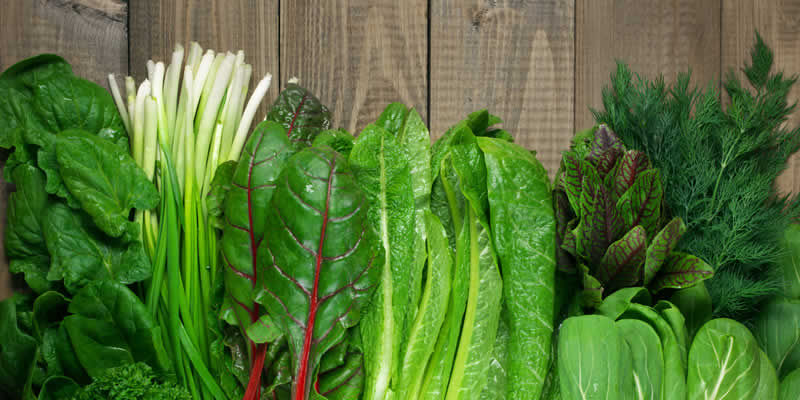Non-starchy vegetables are a very healthy food choice and a healthy diet will contain a number of servings of non-starchy vegetables each day.
Because non-vegetables have a relatively low calorific intake, they’re one food group that is hard to overdo. Generally speaking, the more non-starchy veg you eat, the better.
What are non starchy vegetables?
Non-starchy vegetables are those which contain smaller amounts of carbohydrate. The non-starchy vegetables listed below are those which typically contain 5g or less of carbohydrate per 100g of weight.
How many non-starchy vegetables should I eat?
The American Diabetes Association recommends dedicating half your plate to non-starchy vegetables.
Over the course of the day, you should aim to eat at least 5 portions of fruit and vegetables and it’s advisable to include at least 3 portions of non-starchy vegetables.
Health benefits of non-starchy vegetables
Non-starchy vegetables are very good for our health as they contain plenty of vitamins, minerals and other important nutrients called phytochemicals.
Vegetables are a good source of dietary fibre, which helps to aid digestion and has been shown to play a part in lowering cholesterol
Some of the abundant vitamins and minerals in non-starchy vegetables include:
- Vitamin C
- Vitamin A
- vitamin K
Vitamin C is helpful in protecting cells from damage and good sources include peppers, broccoli and sprouts.
Vitamin A is helpful for the immune system and is found in high quantities in carrots, spinach and kale.
Vitamin K helps with wound healing, bone health and also helps prevent hardening of arteries. Great sources of vitamin K are green leafy vegetables such as broccoli, spinach and kale.
These are just a few of the main vitamins and health qualities of vegetables.
Research has consistently shown that achieve the recommended daily vegetable intake are at lower risk of suffering health problems including high blood pressure, heart disease and cancers.
Examples of non-starchy vegetables
| Leafy Vegetables | Root Vegetables | Squashes | Stalk Vegetables | Other |
|---|---|---|---|---|
| Brussels Sprouts | Carrots | Courgettes | Asparagus | Aubergine |
| Cabbage | Celeriac | Cucumber | Celery | Bean sprouts |
| Choy | Radishes | Pumpkin | Leeks | Broccoli |
| Kale | Swede | Squash | Spring onions | Cauliflower |
| Lettuce | Turnip | Mushrooms | ||
| Rocket | Peppers | |||
| Spinach | Tomato | |||
| Watercress |
Non-starchy vegetables, health risks and food hygiene
Whilst vegetables are recognised as a very healthy part of our diet, good food hygiene should be practised to reduce any chance of food poisoning. Fresh vegetables should be washed before being prepared and eaten to remove any traces of bacteria which may remain on the food.
Bacteria on unwashed can be dangerous. In 2012, an e-coli outbreak in Germany which led to almost 50 deaths was linked to unwashed vegetables that were carrying e-coli bacteria.
Non-starchy vegetables for diabetics
The health properties of vegetables are very important for us with diabetes.
Damage to the cells inside our body lead to complications developing and so we need a rich supply of vegetables to protect our cells and the health of our blood vessels
Vegetables are one of the most powerful defences against complications and a plentiful intake of non-starchy vegetables is highly recommended for all people with diabetes.
Non-starchy vegetables and low carb diets
Non-starchy vegetables are an important feature of low carb diets. As low carb diets feature less starchy foods, non-starchy vegetables provide a good source of fibre without the high intake of carbohydrate associated with starchy foods.
- Read more on low carb diets





